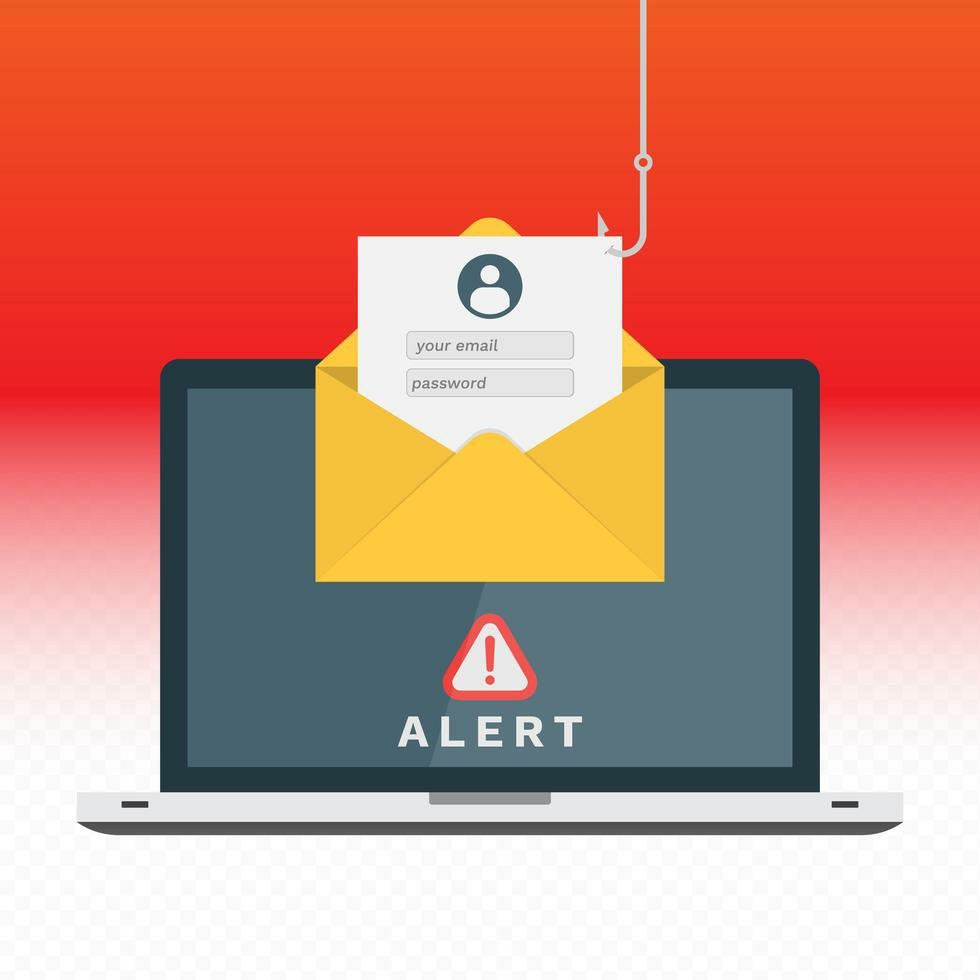Phishing: Don't Get hooked up!

- Category: Antivirus
- Tags: Antivirus, Phishing, phoshing scam
Phishing is the fraudulent attempt to obtain sensitive information such as usernames, passwords and credit card details by disguising as a trustworthy entity in an electronic communication. Typically carried out by email spoofing or instant messaging, it often directs users to enter personal information at a fake website, the look and feel of which are identical to the legitimate site.
Where phishing attacks come from
Phishing messages seem to be from legitimate organizations like PayPal, UPS, a government agency or your bank; however, these are in fact clever cons. The emails politely request updates, validation or confirmation of account information, often suggesting that there is a problem. You’re then redirected to a fake site and tricked into entering account information, which can result in identity theft.
How to recognize a phishing scam
You get messages asking you to reveal personal information, usually via email or via a website. Anti-phishing tools help detect phishing emails and websites. Avast Internet Security offers you the best anti-phishing software.
How to remove phishing
While phishing lures can’t be “removed,” they can definitely be detected. Monitor your website and be aware of what should and shouldn’t be there. If possible, change the core files of your website on a regular basis.
How to prevent phishing
- Have good habits and don’t respond to links in unsolicited emails or on Facebook.
- Don’t open attachments from unsolicited emails.
- Protect your passwords and don’t reveal them to anyone.
- Don’t give sensitive information to anyone—on the phone, in person or through email.
- Look at a website’s URL (web address). In many phishing cases, the web address may look legitimate, but the URL may be misspelled or the domain may be different (.com when it should be .gov).
- Keep your browser up to date and apply security patches.
- Use anti-phishing software to detect phishing emails and websites.
Protect yourself against phishing attacks
There is no better way to recognize and prevent phishing scams than to use an antivirus with anti-phishing, the best of which is provided by Crackkart.com.
